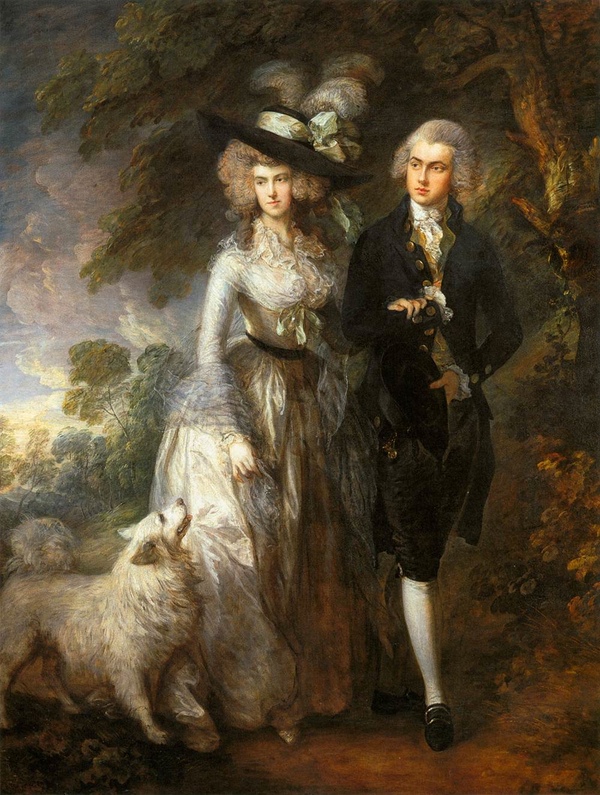
The insolence and brutality of anger, in the same manner, when we indulge its fury without check or restraint, is, of all objects, the most detestable. But we admire that noble and generous resentment which governs its pursuit of the greatest injuries, not by the rage which they are apt to excite in the breast of the sufferer, but by the indignation which they naturally call forth in that of the impartial spectator; which allows no word, no gesture, to escape it beyond what this more equitable sentiment would dictate; which never, even in thought, attempts any greater vengeance, nor desires to inflict any greater punishment, than what every indifferent person would rejoice to see executed.
And hence it is, that to feel much for others and little for ourselves, that to restrain our selfish, and to indulge our benevolent affections, constitutes the perfection of human nature; and can alone produce among mankind that harmony of sentiments and passions in which consists their whole grace and propriety. As to love our neighbour as we love ourselves is the great law of Christianity, so it is the great precept of nature to love ourselves only as we love our neighbour, or what comes to the same thing, as our neighbour is capable of loving us.
—Adam Smith, The Theory of Moral Sentiments pt i, ch i (1759).
Listen to George Frederick Handel’s Anthem for the Foundling Hospital, “Blessed Are They That Considereth the Poor” (1749), a work composed for performance at a concert, performed in May of that year, to support London’s Hospital for the Maintenance and Education of Exposed and Deserted young Children. The event raised some £350, an enormous sum in that day, largely because of Handel’s personal support. It marked one of a series of events over the course of Handel’s long careers in which he suspended his work for profit to support charitable works, particularly schools and orphanages.


